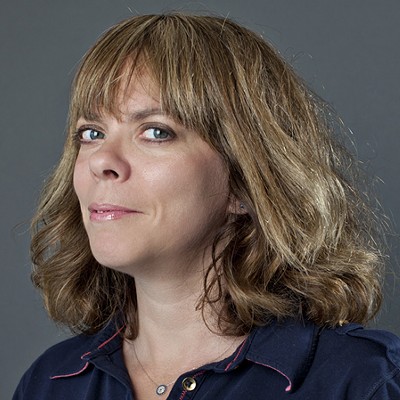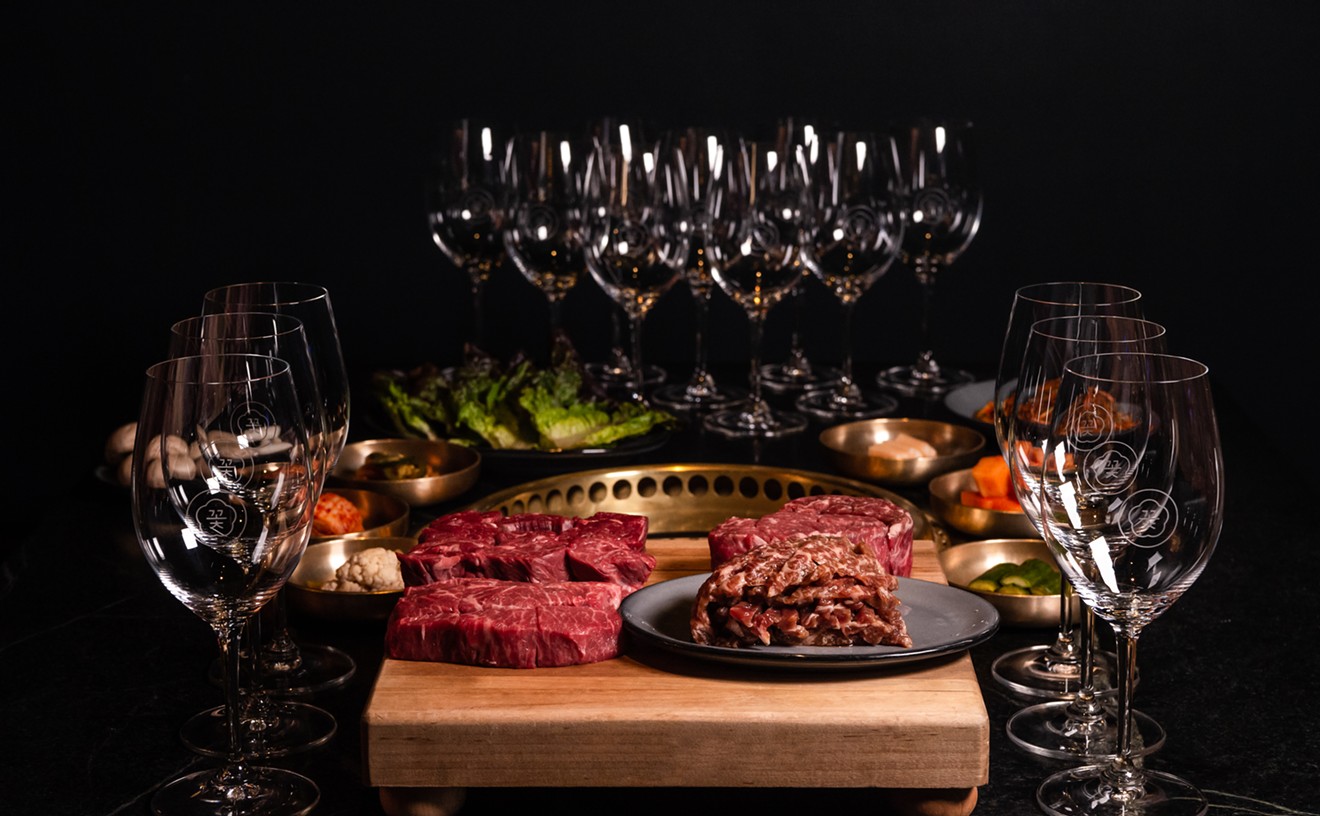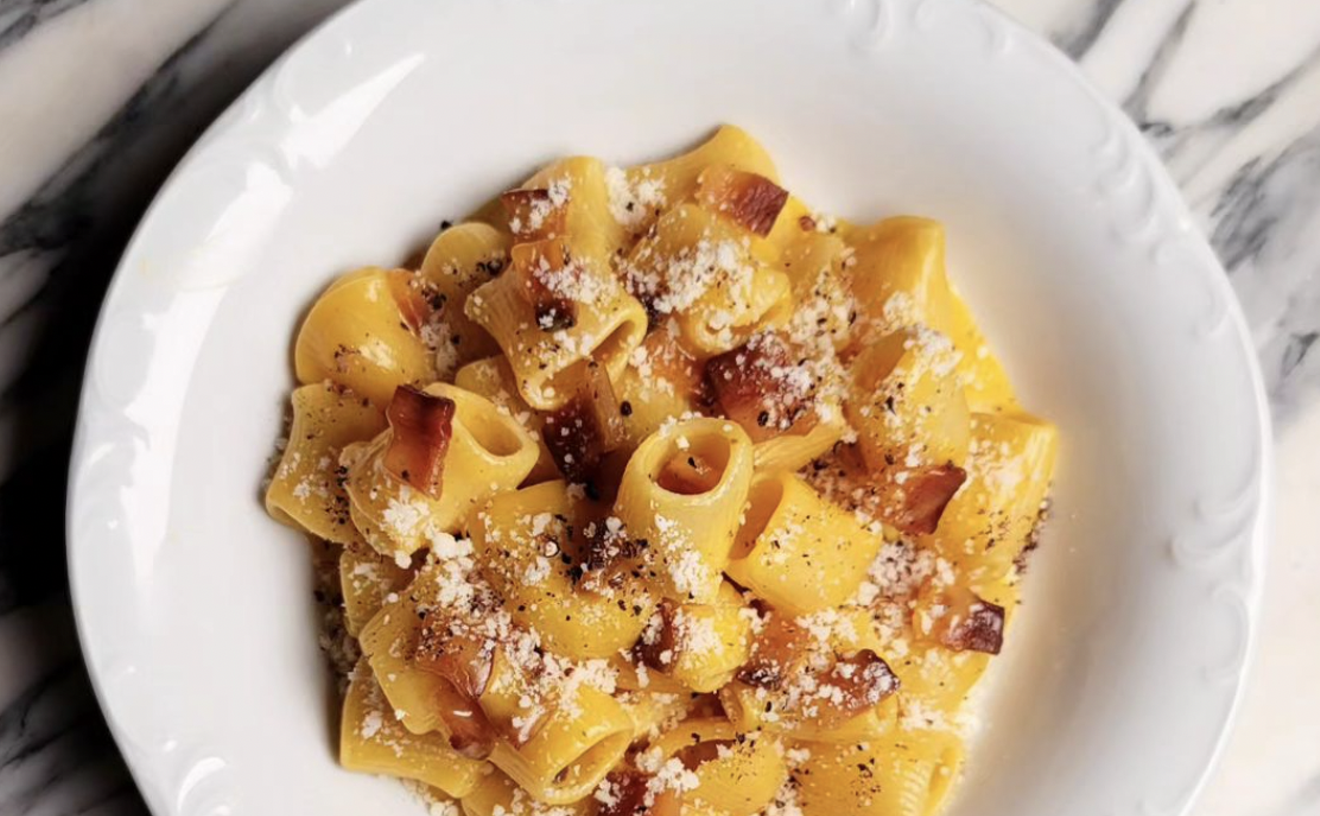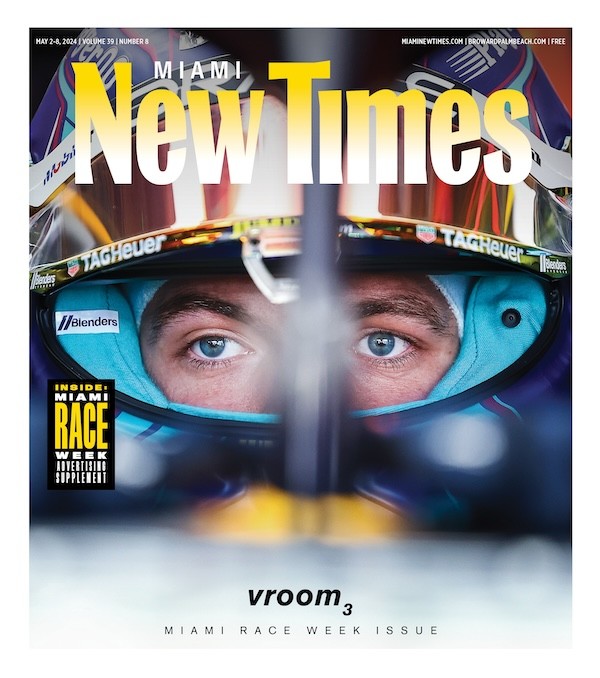Short Order was recently invited to join a diverse group of food bloggers to tour some of the more out of the way places in Jamaica. Today, we'll share a visit to a coffee plantation in part one of a three-part tour of the road less traveled in Jamaica.
We leave Kingston early for the drive to the Clifton Mount Estate in the Blue Mountain Range. The drive up the one road leading to the summit is filled with sharp turns that the small bus can hardly manage. Traveling up the mountain, we pass many small towns, schoolchildren in crisp blue uniforms, and tiny tin-roofed shacks that serve as groceries, bars, and restaurants.
Halfway up the mountain, in Irish Town, we stop at Cafe Blue, a little coffee bar with a huge view. Though lattes are available, the best way to drink Blue Mountain Coffee is black, since this coffee is valued for it's mild, chocolatey taste.
Reaching the summit, we're welcomed by Lawrence and Richard Sharp, owners of the Clifton Mount Estate. Located at 4,300 feet above sea level, this is considered premium coffee growing territory. The estate is beautiful, with about 80 acres of coffee plants and a magnificent view of Blue Mountain Peak, the highest point in the Blue Mountain range.
picking. The farm is certified by the Rainforest Alliance and is 75 percent
organic, meaning they spray only isolated crops with pesticides. Arabica Typica beans are planted, per government guidelines, and each plant takes three years to
yield coffee cherries.
Once hand-picked, they're sorted in a water bath. Cherries that
sink are deemed worthy for roasting. "Floaters" are inferior and will be used for instant
coffee.
fertilizer. Water is recycled after going through a charcoal purification
process. The beans are shipped down the mountain to Kingston where
they'll dry in the sun for up to four weeks before being ready to
roast.Some coffee is roasted for resale, but the bulk of coffee is
shipped green -- ready to be roasted by individual coffee houses.
Jamaican Blue Mountain Coffee is heavily regulated by the Coffee Industry Board of Jamaica,
which assures that only coffee grown in the Blue Mountain range using
specific plant guidelines can use the trademarked "Jamaica Blue
Mountain" designation. That certification commands high prices, with
Blue Mountain coffee selling for $35-50/pound in the U.S.
Stay tuned tomorrow, when we visit a honey farm, an organic restaurant and the Bob Marley Museum.
Follow Short Order on Facebook and Twitter @Short_Order.










